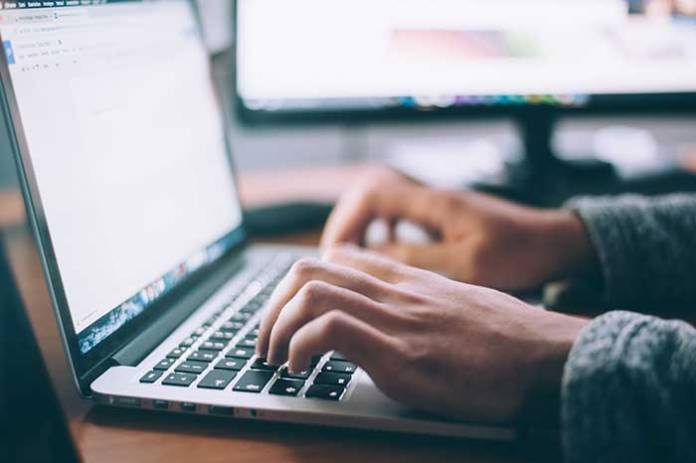
Apps can be a lot of fun! They can also be helpful, informative, and they can connect you with the world. Our lives are dominated by apps on our devices that we check throughout the day to learn everything from the weather when our package will arrive on our doorstep, and what our friends are up to.
There’s no denying that the apps on our phones can add a lot to our lives, but they also have the potential to take things away. With so many ways for apps to leak your personal information, it’s no wonder there are so many cybersecurity companies out there providing services to keep both individuals and businesses safe!
Don’t think you have to delete every app on your phone to keep your data from leaking. There are things you can do to keep your personal information safe.
Know Which Apps Put You the Most at Risk
Not all apps are created equal. Some have the potential to leak information more than others, so it pays to know which apps put you the most at risk.
Nearly 60-percent of the leaks in 200 of the top apps analyzed came from the news, sports, and shopping apps. Following, with 30-percent of leaks, are travel, entertainment, lifestyle, and technology applications.
You don’t necessarily need to get rid of all of these kinds of apps. Instead, only download apps onto your phone from reputable developers, as they are a little less likely to contain flaws in the code that allow for leaks to occur. You should also limit the number of these kinds of apps, only having one of each type on your phone.
Get a Virtual Private Network
One of the best ways to protect yourself when using apps is to connect to the internet using a virtual private network (VPN).
A VPN filters traffic and encrypts data, helping to keep your information safe. You just have to make sure that you use your VPN. Don’t use apps on public WiFi and use your VPN at home to help keep your information secure.
It’s also important to keep in mind that a VPN won’t protect you completely. The mobile apps you use have their own servers that can leak, so it’s still important to choose the apps you download wisely.
Shut Down Permissions
Every time you go to download an app, it asks you to approve certain permissions. These permissions might include having access to the photos on your phone, your location, and more. Some of these permissions require the app to function, but many of them are collected by developers “just in case”.
When you download an app, don’t enable permissions. You may find out later that at least some of these permissions may be required for the app to run, but you can enable them later. By starting with no permissions at all, you can limit the amount of information the app has access to.
Limit the Information You Provide
Not only do you need to keep your eye on permissions, but you also have to think twice about the personal information you provide.
Your personal information could be leaked, but it could also be sold or relayed to others on purpose. Everything from body weight to blood pressure, pregnancy, and more can be shared with other tech companies, like Facebook, so they can increase the effectiveness of ad campaigns.
Avoid providing apps with personal information whenever you can. That includes the types of information listed above, but you definitely should think twice about providing things like your phone number, credit card numbers, and your Social Security number.
Check Application Stats
No matter how little information you provide to the apps you use, they can still leak data that you wish was private. How can you tell if you’re dealing with an app that’s leaking your information?
Take the time to check the status of your apps. It won’t tell you if data is being leaked, but you can cue into the clues that something isn’t right. For example, be on the lookout for apps that:
- Send a lot of information
- Use a lot of data
- Take up a lot of space
Don’t give up on apps altogether, but you shouldn’t throw your hands up in the air and think there’s nothing you can do either! Find some balance by following these tips. Not only can you limit the information that your apps can leak, but you can also choose apps that are less likely to leak and get rid of ones that seem suspicious.











